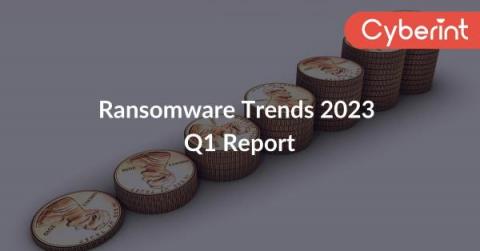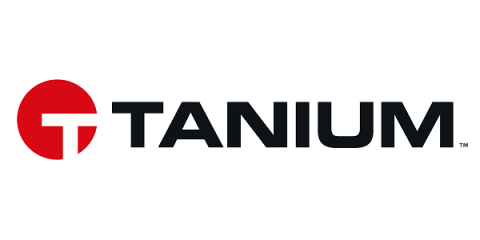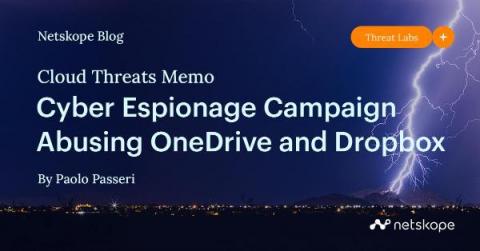Security | Threat Detection | Cyberattacks | DevSecOps | Compliance
Malware
Scareware From a Phony Ransomware Group
BleepingComputer reports that a cybercriminal gang is sending phony ransomware threats to prior victims of ransomware attacks. The gang, which calls itself “Midnight,” claims to have stolen hundreds of gigabytes of data and threatens to leak it if the victim doesn’t pay a ransom. Security firm Kroll said the gang’s ransom notes use the names of more prolific ransomware actors.
Ransomware Trends 2023, Q1 Report
Finding and Fixing the Trojanized 3CX DesktopApp
Another supply chain attack requires an urgent response from security teams.
Shielding Critical Infrastructure: Conquering Ransomware with Keeper Security Government Cloud
The Biden Administration’s 35-page National Cybersecurity Strategy released in March 2023 emphasizes the growing importance of cybersecurity for both private companies and federal agencies. The strategy specifically highlights ransomware as a significant concern, particularly in terms of its impact on private companies that collaborate with the federal government or are critical to national security.
8 Dangerous Ransomware Examples
The threat of ransomware has been ever present in 2020, especially within the high-stakes industries like healthcare and those involved in the election. According to Verizon's 2019 Data Breach Investigations Report, 24% of security incidents that involved specific malware functionality exhibited ransomware functionality.
The Evolution of Qakbot: How Cato Networks Adapts to the Latest Threats
The world of cybersecurity is a never-ending battle, with malicious actors constantly devising new ways to exploit vulnerabilities and infiltrate networks. One such threat, causing headaches for security teams for over a decade, is the Qakbot Trojan, also known as Qbot. Qakbot has been used in malicious campaigns since 2007, and despite many attempts to stamp it out, continues to evolve and adapt in an attempt to evade detection.
Coffee Talk with SURGe: The Interview Series featuring Allan Liska
CTI Roundup: New CISA tool detects hacking activity in Microsoft cloud services
A joint advisory on LockBit 3.0 ransomware, CISA’s latest tool which detects hacking activity in Microsoft cloud services, and ScarCruft’s evolving arsenal.
Netskope Cloud Threats Memo: Cyber Espionage Campaign Abusing OneDrive and Dropbox
Legitimate cloud storage services are increasingly being exploited for cyber espionage, so the discovery of a similar operation in the context of the Russian invasion of Ukraine was just a matter of time.










